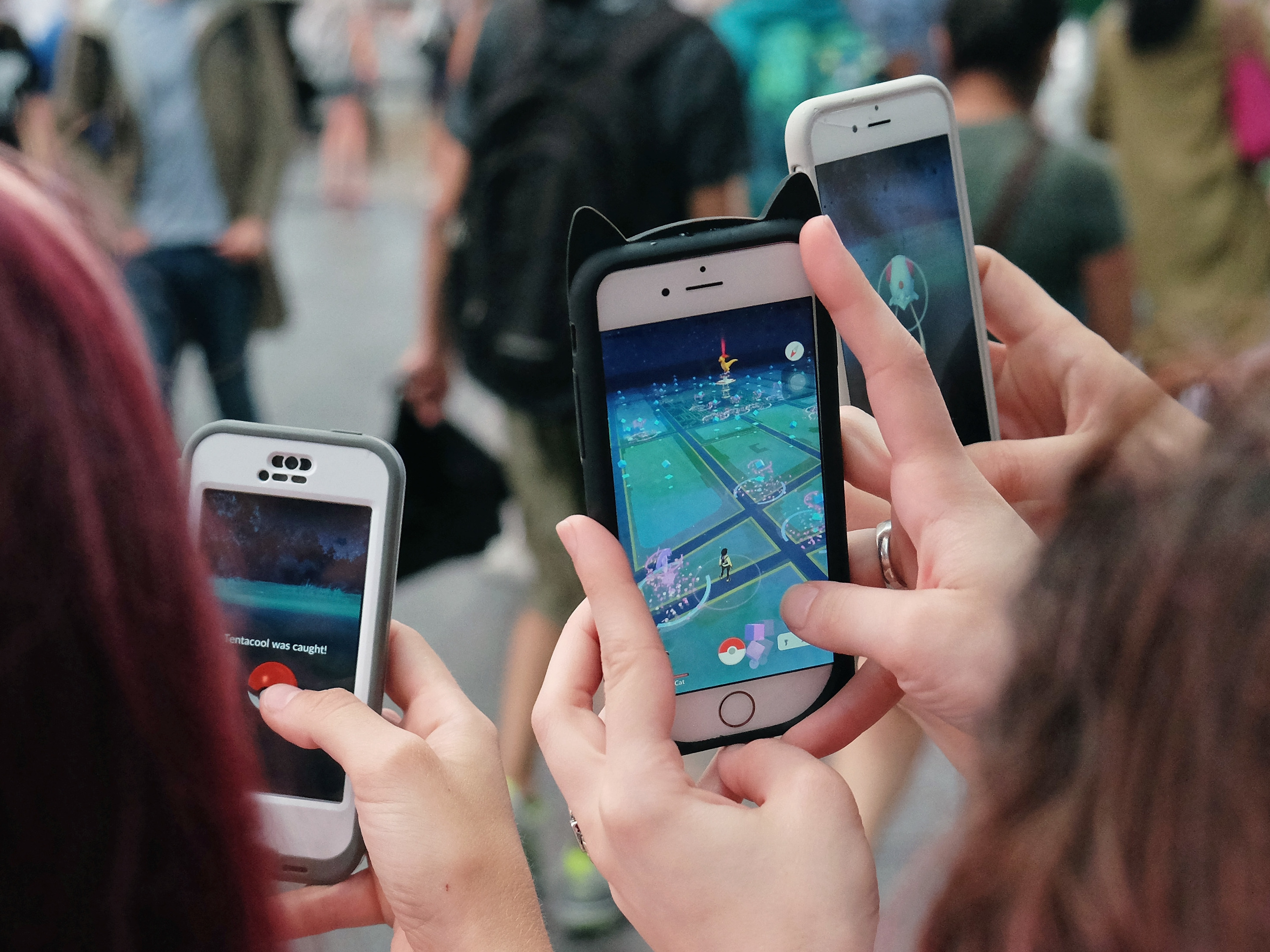
At least 22 percent of Pokémon Go’s millions of users are minors, according to a Survey Monkey study obtained by Forbes. With that many kids and teens playing the game — which is rated for users 9 years old and up — they become potential targets for child sex offenders.
To reduce the likelihood of harm to children in New York, Gov. Andrew Cuomo announced Monday that registered sex offenders on parole would no longer be able to sign up for Pokémon Go and other Internet-enabled games as conditions of their sentence.
The new restriction, which will apply to nearly 3,000 sex offenders currently on parole, comes after a recent report by state Sens. Jeffrey Klein and Diane Savino. Over the month since Pokémon Go has been available for download, they showed that children have been found to encounter the properties and surrounding areas of sex offenders’ homes.
And last month, a PokéStop — a location, such as a local monument or a park, in the real world where players can collect items to help them in the game world — was found to be located at the entrance of an California rehabilitation center that helps, among others, recovering sex offenders.
The New York senators’ report also cites a case where a registered sex offender in Indiana was “actually playing the game with a 16-year-old boy on the local courthouse lawn when he was recognized by two local probation officers.”
New York state bans sex offenders on parole from using social media. It also has an agreement with 40 social media and related technology companies that allows it to update these companies with weekly records of registered sex offenders for social networks to ban. But with Pokémon Go, the agreement doesn’t hold up.
Although the mobile game allows users to interact with others also playing at the same time, it’s not considered a social media platform. Cuomo sent a letter to Niantic, the game’s developer, offering it one of these partnerships, as well as the most updated sex offender data.
“Software developers that operate mobile games like Pokémon GO should be entitled to the same information that is regularly shared with companies like Facebook, Apple and Microsoft,” the governor said in the letter.
Since the start of the agreement with social media and technology companies to ban these users, New York has banned 18,544 registered sex offenders from social media platforms, the governor’s office says.
There’s no word from Niantic yet, but Rich Azzopardi, a spokesman at the governor’s office, says companies in the past who have been sent similar requests comply simply to be good citizens.
“We’re hopeful Niantic will do the same,” Azzopardi said.
Justina Vasquez is a business desk intern.
9(MDEwMjQ0ODM1MDEzNDk4MTEzNjU3NTRhYg004))